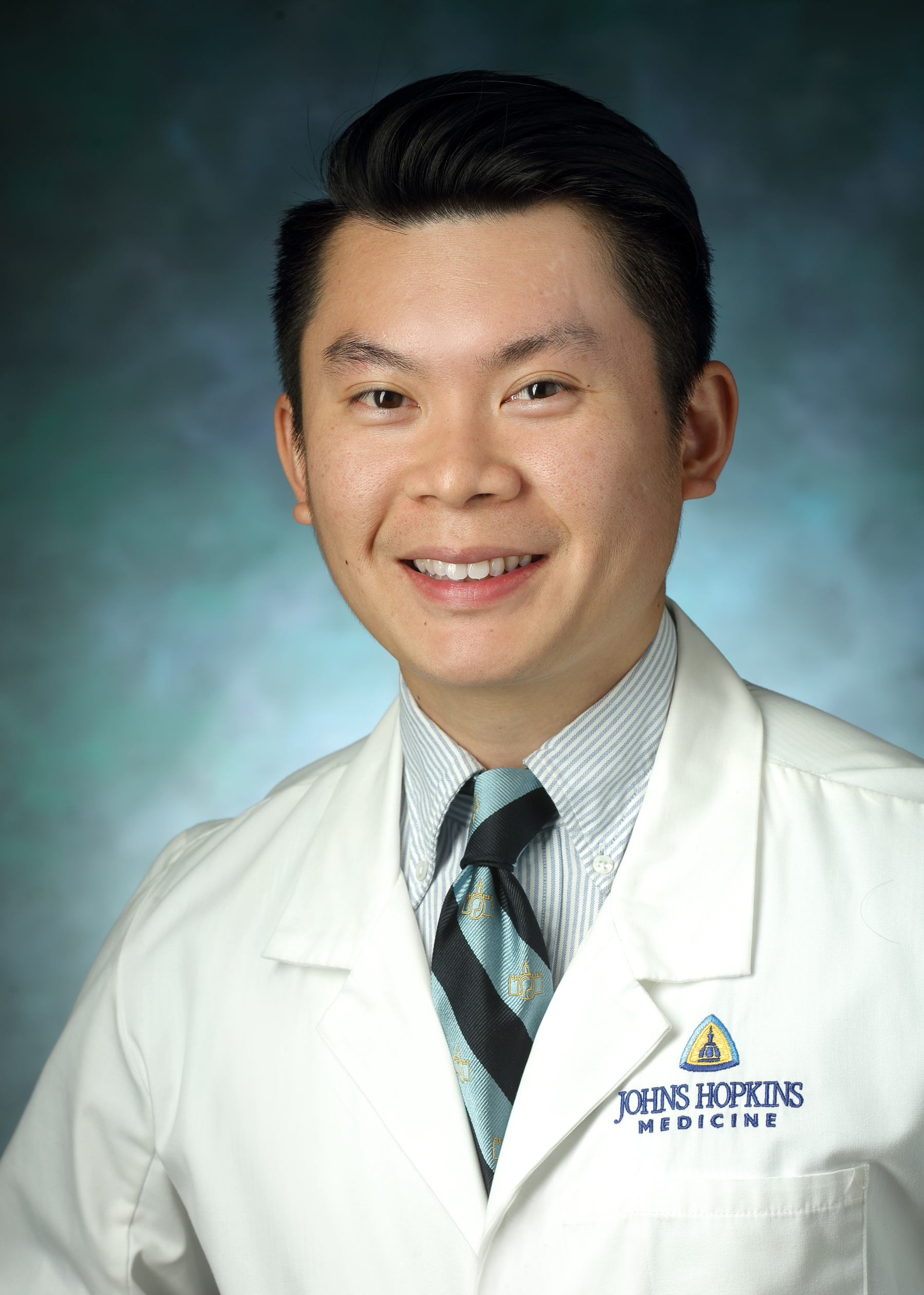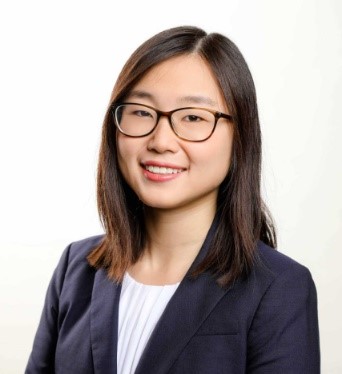Neurotology Fellowship
The Department of Otolaryngology-Head and Neck Surgery is pleased to offer a two-year fellowship in neurotology. We accept one fellow each academic year. The primary goal of our training program is to produce a clinician-investigator with sufficient technical and experimental design skills to independently initiate a program of clinical service and research as an academician in neurotology. This is a high expectation for a short period of time. We expect, however, that training within the Division of Otology-Neurotology will accomplish this goal for the following reasons:
- We will recruit from a select group of candidates who will enter the program having demonstrated a commitment to research and specific knowledge in relevant areas in otolaryngology.
- We expect that our neurotology fellow will enter with a sufficient fund of clinical skills to allow for rapid acquisition of technical skills.
- We will provide a vigorous training sequence.
Clinically, over 24 months, we expect the neurotology fellow to master the technical skills required to perform advanced procedures of the internal auditory canal, inner ear, and skull base, as well as receive training in audiological and vestibular testing andneuroradiology. Graded autonomy of experience is provided between the first and second year of fellowship. The fellow will also be engaged in the teaching of residents in the department and will assist residents in general otologic procedures to enhance their operative and teaching skills. The fellow will also participate in neurotologic clinics supervised by staff.
The research training for neurotology fellows will vary depending on their areas of interest. Many resources at Johns Hopkins University can be accessed to meet the fellow’s needs. Our core research curriculum will give trainees the opportunity to:
- Complete a research project that will be suitable for publication in a high-quality journal and introduce new directions for further research. Many fellows present their work within the division/department or at national meetings.
- Complete a course in experimental design/statistics and ethics offered by the Bloomberg School of Public Health.
- Enroll in courses offered by affiliated departments, such as the “Structure and Function of the Auditory and Vestibular Systems” course offered through the School of Engineering.
- Participate in weekly Grand Rounds in the department of Otolaryngology–Head and Neck Surgery, as well as seminar series at the Center for Hearing Sciences.
- Participate in monthly temporal bone conferences with neuroradiology colleagues.
- Participate in the month otology/neurotology conference on interesting cases in the division.
- Lead journal clubs for faculty and residents.
For certification, the fellow must demonstrate sound clinical and surgical judgment and show competency in neurotologic surgical skills as judged by the staff of the Division. Additionally, the fellow must demonstrate a mastery of the concepts underlying the design and conduct of their research projects.
Applications
In order for an applicant to be considered, application materials must be submitted to the SF Match Central Application Service (www.sfmatch.org) by the July 1st deadline. Items should be uploaded directly to the SF Match. Please follow their instructions for registration and submission.
Interviews are scheduled between the months of July, August and September. You will be notified by email if you are invited to interview.
For additional information, please contact [email protected].
Sincerely,
John P. Carey, M.D.
Program Director

Neurotology Fellows
Alexander Chern, M.D.

Jenny Chen, M.D.

